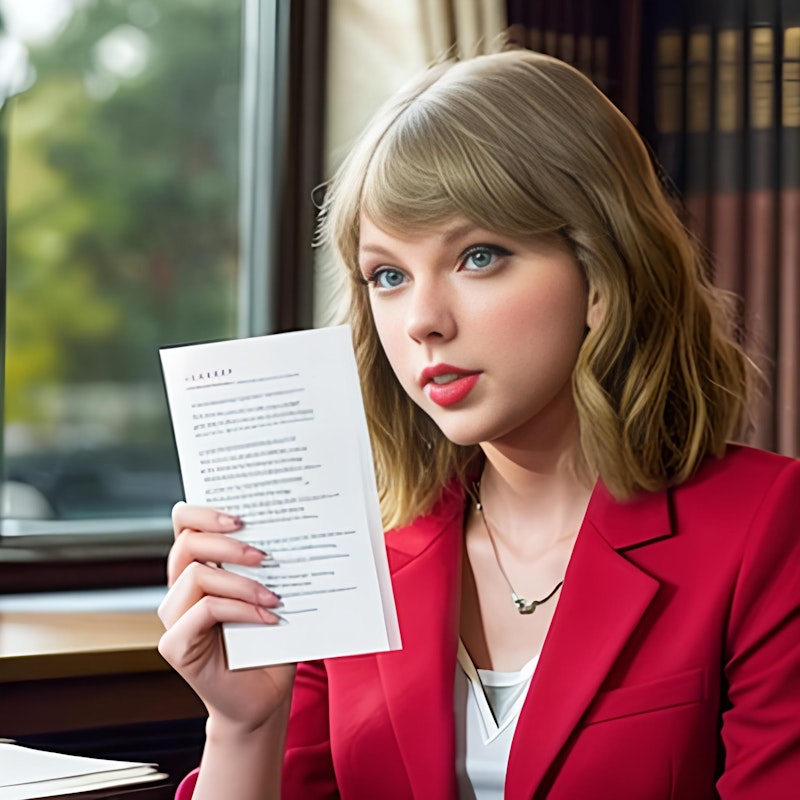Picking a college or graduate program is easy: you google a city or field of study and then fire off a bunch of applications more or less at random. Once you select a school, the work won’t end there. It takes standardized test scores, transcripts, and preapproved loans to gain admission—and I can’t help you with those things, at least not right now. However, I can help you with what many tongue-tied scaredy-cats consider the most intimidating aspect of the process: the personal statement.
Personal statements are what university-admissions officers rely on to separate the wheat from the chaff. In other words, most personal statements are chaff and wind up separated from the wheat, whatever that means. However, if your personal statement is eye-catching and heart-stopping, you’re “in like Flynn.” Let’s take a look at the writing process.
First, you must announce your intentions. A good way to do this is a simple “Hey you!” or “Listen up!” If you’re more of a formalist, try a traditional salutation like “Hello Dears” or “Dear Diary.” With a powerhouse greeting like that, you’re sure to have them hooked. From there, it’s time to reel them in, gut them, and toss them in your icebox. In other words, it’s time to tell your sob story.
These admissions officers read the same old personal statement over and over again. “I was president of my high school track and debate teams, I go to the dentist twice a year, and I have overcome some problems and achieved a high degree of diversity.” Nerd alert! I’d want to tear my hair out if I had to wade through this tedious stuff. Even if you were president of your track and debate teams and are punctilious about matters of dental hygiene and diversity, you can’t tell them that because that’s what they’re expecting.
What they’re not expecting, friends, is a healthy dose of the unexpected. Let rip with a real heartstring-tugger such as this one: “After spending 20 years roaming the sewers of New York, I decided the time had come for me to cure Lyme disease as well as COVID-19, and this is why I am applying for a Ph.D. in Comic Strip Studies.”
Isn’t that a humdinger? How many people do you think have the courage needed to tackle a big task like curing Lyme disease as well as cancer after a lifetime spent in the New York sewers à la Chris Claremont’s Morlocks? How many people could do this just by writing a dissertation on phallocentrism, Bourdieu’s habitus, and trans identity in Charles Schulz’s “Peanuts”? Have no doubt about it: The person reading your statement will never forget you.
Another thing you have to include in your personal statement is an inspiring quote. The internet is a great place to find these, but if you’re pressed for time, you can try a few of mine. I really like “It ain’t over till it’s over,” “It is what it is,” “Takes one to know one,” and “I know I'm going to get got, but I'm going to get mine more than I get got, though.” Here’s how you can incorporate those quotes, as well as many others, in a paragraph that will bring down the house even faster than the combination of funnymen Steve Martin and Eugene Levy and rapper Queen Latifah can:
“After I left the sewers and decided on the Lyme-and-COVID-curing path that was going to change the world for the better, I said to myself, ‘It is what it is and it ain’t over till it’s over.’ Then, a few hours later, I realized that it ‘takes one to know one.’ That was the path less taken and the road not traveled, but this is what happens when you go for the gold. ‘I know I'm going to get got, but I'm going to get mine more than I get got, though,’ said star NFL running back Marshawn ‘Beast Mode’ Lynch. Mr. Lynch was a man like myself who knew the value of a hard day’s work, which is why he also said that saving a penny is just like earning one. In short, I am going to hitch my wagon to a star, seize the day, and never stop believing.”
If that doesn’t move an admissions officer to tears, you can be sure there isn’t a fire in the world hot enough to warm their cold, cold heart. Oh, and notice how I just used “their” in that last sentence? You need to be extra careful about gender these days, on account of all the lawsuits and genders you’ve read about in VICE, so I want you to use as many “theirs” and “zirs” in your personal statement as possible. Regardless of your gender identity, refer to yourself as “they” or the “royal we” whenever you get a chance. Switching into the third person to write, “Ze has always wanted to cure Lyme disease ever since ze was a little gurl,” will let the reader know what a gender-conscious young person you are—a real do-gooder who’s conscious of all or at least most of the genders. Even if you’re not, and were instead raised on a farm by evangelicals or Amish or some such thing, “fake it until you make it.” That’s another quote I really love.
Now that you’ve followed these steps, you’re pretty much enrolled. As that old urban legend and holiday hitmaker Santa Claus might say, “It’s in the bag.” But you still have to conclude this thing, so it’s time to fall back on those skills you honed when you were signing your friends’ high-school yearbooks. “Best wishes for a great summer” is an excellent way to sign off, although a more intimate phrase like “Hugs xoxo” demonstrates a sweetness of character that is lacking in so many of today’s dispassionate scholars.
Do keep me posted about your applications, true believers. Until next time, best wishes for a great summer.
Hugs xoxo,
Oscar Berkman

